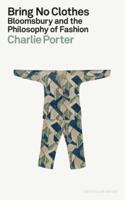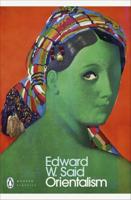Publisher's Synopsis
Excerpt from The Inner Life of Syria, Palestine, and the Holy Land, Vol. 2 of 2: From My Private Journal
About twelve o'clock at night on the eve of the wedding, a long procession of female relatives, friends, and slaves, wound into the large hall where we, the invited, all sat around the walls. Every woman in the procession bore branches of lights. The bride was in the middle, supported as'usual on either side. She was a beautiful girl of about fifteen or sixteen; her magnificent chest nut hair swept in two great tresses below her waist, knotted and studded with pearls. She was dressed in velvet, coaleur sang de boeuf, encrusted with diamonds and pearls. She wore a velvet fez, also half hidden by precious stones; diamond stars were glued to either cheek, the chin, and forehead, and they were rather in the way of our kissing her, for they scratched the face. She was a determined, spirited-looking girl, as well as beautiful, and she had been crying bitterly because she did not want to be married. She had never seen the happy man; she doated upon her father, and she was happy at home. She used to ride as well as any man, Turkish fashion, in izar with veiled face, and I suppose she thought that this tiresome marriage would spoil all her girlish frolics. She came in with the procession, and sat on the divan, receiving all our congratulations, looking rather like a naughty child that would like to scream and kick.
About the Publisher
Forgotten Books publishes hundreds of thousands of rare and classic books. Find more at www.forgottenbooks.com
This book is a reproduction of an important historical work. Forgotten Books uses state-of-the-art technology to digitally reconstruct the work, preserving the original format whilst repairing imperfections present in the aged copy. In rare cases, an imperfection in the original, such as a blemish or missing page, may be replicated in our edition. We do, however, repair the vast majority of imperfections successfully; any imperfections that remain are intentionally left to preserve the state of such historical works.










